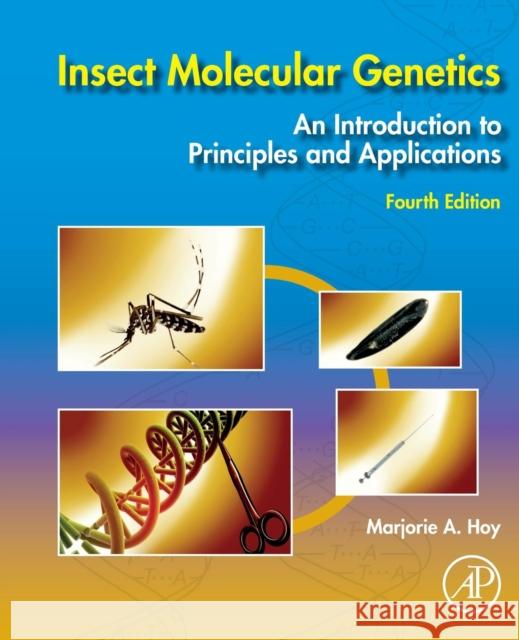Insect Molecular Genetics: An Introduction to Principles and Applications » książka
topmenu
Insect Molecular Genetics: An Introduction to Principles and Applications
ISBN-13: 9780128152300 / Angielski / Miękka / 2018 / 705 str.
Kategorie:
Kategorie BISAC:
Wydawca:
Academic Press
Język:
Angielski
ISBN-13:
9780128152300
Rok wydania:
2018
Ilość stron:
705
Waga:
1.18 kg
Wymiary:
23.5 x 19.05 x 3.58
Oprawa:
Miękka
Wolumenów:
01
Dodatkowe informacje:
Bibliografia











